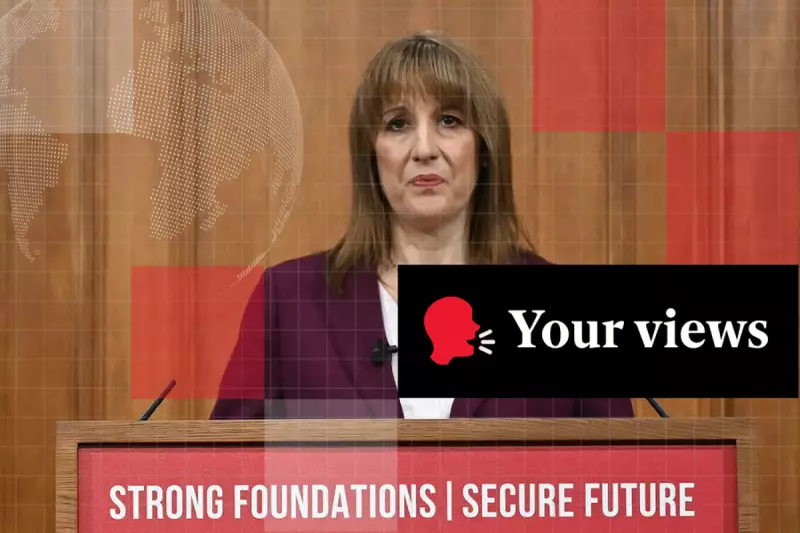
Chancellor's Tax U-Turn Fuels Political Storm
Chancellor Rachel Reeves has sparked intense controversy after abandoning plans to break Labour's manifesto pledge and raise income tax in this month's Budget. The dramatic reversal has ignited a fierce debate among voters and political commentators alike, exposing deep divisions over the government's economic direction.
The decision, confirmed in mid-November 2025, comes after weeks of speculation that Reeves might increase income tax to address what experts describe as a growing fiscal black hole in Britain's public finances. Critics argue the chancellor's apparent wavering between manifesto promises and economic necessities has created damaging uncertainty.
Readers Voice Frustration and Support
Independent readers expressed sharply contrasting views about the chancellor's approach. Many voiced frustration about the prolonged speculation, with one reader noting this Budget discussion has been ongoing for nearly five months. Others defended Reeves' cautious methodology, describing her as the most qualified chancellor for two decades.
The debate extends beyond simple tax policy to fundamental questions about economic credibility. Some readers questioned why traditional Budget 'purdah' - where details remain secret until announcement day - has been abandoned in favour of what they see as destabilising public speculation.
Alternative Tax Measures Considered
With the headline income tax increase now off the table, attention has turned to alternative revenue-raising measures. Financial experts suggest Reeves may now rely on smaller, targeted tax adjustments rather than sweeping rate changes.
Readers proposed various alternatives, including land value taxes on large estates, reform of council tax on high-value properties, and aligning capital gains tax rates with income tax. However, these proposals proved equally divisive, with some warning they could create unnecessary complexity in the tax system.
The underlying challenge remains Britain's difficult fiscal position. As one reader starkly put it: Taxes have to go up in some form or another given constraints on government borrowing and the need to maintain essential public services.
With the Budget announcement imminent, the fundamental question troubling many observers is whether Labour's chancellor is demonstrating prudent caution or merely fuelling a cycle of speculation that undermines economic confidence.





